Next generation retailing: stronger supplier engagement through artificial intelligence tools
Retail Express’ Ed Betts explains that the time to reach for advanced tools is now – and the opportunity to optimise retail processes does not have to be disruptive or difficult.
Managing intricate supplier interactions can be a minefield. Each vendor puts different demands on retailers and carries its own expectations on the way business should be done.
Every product line, promotion and media campaign applies more pressure on already stretched retail teams.
Major suppliers may dominate in terms of volume – both in terms of product and communication – potentially alienating the smaller suppliers that could present true incremental growth opportunities if they could only be heard.
This isn’t a tenable situation. Every retailer must approach the next few years with an evolution in mind in terms of their supplier engagement practices; suppliers expect it, and they deserve it.
To keep pace, the solution is to embrace today’s keystone technology – elements like artificial intelligence (AI), automation, and big data. These, combined, form the core of algorithmic retailing.
Download the whitepaper: The Digital Transformation of Supplier Collaboration
AI step by step
Integrating AI tools into one’s business is not the monumental and daunting task it might first appear to be. Embracing the power of AI, machine learning, and retail algorithms is not a case of refactoring every process at once, neither does it mean ceding control to a monolithic AI engine.
Rolling out AI tools can certainly be done on a large scale, but it can also be done one step at a time, gradually innovating the processes that matter most, or those which will make the biggest difference.
At no point should a retailer lose any control over the operation of their business, or their crucial relationships with suppliers: the integration of such tools is about smoothing and streamlining processes, discovering and presenting relevant data to help difficult decisions become easy to make.
All automations can be constrained by built-in guard rails to ensure that retailers get the results they want from their tools without them overstepping their boundaries, and that those tools know a retailer’s aims in terms of profits, uplift, and margins.
Good AI tools will only present improvements which toe the bottom line.
Powerful planning opportunities
Retailers have tools available to them which can help streamline every stage of the supplier management process. Joint Business Planning tools, for example, can greatly strengthen one’s ability to build long-term stability by creating an environment of pinpoint planning.
They could help construct regulation compliant activity plans based on detailed forecasting and extensive data modelling, or contribute directly to sales and operational planning.
Taking this a step further, future iterations of AI algorithms might even use data on market trends, upcoming events and seasonal variations to provide planning insights which would allow for fast and safe pivots, all while facilitating quick interactions with the suppliers that will make these pivots happen without hiccup.
They could help bring assortment planning into focus, automatically highlighting opportunities which might otherwise have been missed; they might allow for promotions to be planned early, with full knowledge of available funds. AI is, put simply, an optimisation wherever it ends up.
Tracking and reporting as standard
These tools turn planning from a bureaucratic burden into something which, in effect, just happens, seamlessly linking to other parts of the business and leaving key staff free to focus on strategy.
Apply AI tools to the management of certain supplier negotiations, to ensure every party gets the deal they’re looking for. Allow them to track potential vendor funds or deal availability, to secure all possible spend and get a promotional advantage.
Again, we are not talking about losing control – this is about having the best possible data at hand every step of the way, increasing the certainty and rigidity of one’s decisions, but also creating agility.
At every step, AI enhances planning tool capabilities making the whole business aware of just how things are going and highlighting new opportunities which might have arisen.
Supplier offerings and new offers of funding can be tracked and brought forward as soon as they appear; alerts and notifications can be AI driven to ensure they are not only made but seen.
And a business must run smoothly: AI tools could drive assortment control, optimise promotional decisions or even generate region-specific media which does not fall foul of regulatory differences.
Knowing exactly how a promotion has performed will inform the next. Smart tools can create these post-promotion reports, of course, but they can also feed from them, taking past performance into account and providing relevant feedback when a business comes to consider its next steps.
Next-generation supplier management
What might be most surprising is that this is not a futuristic view. It’s not a prediction. The technology is ready to go, and it can be incorporated into one’s business today.
The market has changed considerably over the last 20 years and volatility is the new normal, managing supplier interactions has never been more crucial and legacy systems simply cannot adapt quickly enough to the demands placed on them.
Retailers must marshal every tool to ensure suppliers are not only happy but offering the best deal they can. Integrating foundational AI capabilities even through one or two modular AI tools can make a marked difference.
It’s a step in the right direction, and a building block towards moving one’s business to the powerful business-wide algorithmic retailing models which represent the true next generation of doing business. Make the change, and your suppliers will thank you.
Download The Digital Transformation of Supplier Collaboration whitepaper
Edward Betts, SVP General Manager - Retail Lead Europe, Retail Express
Ed has worked in the retail industry for over 20 years and joined Retail Express in 2019 where he is General Manager for the UK and Ireland.
He has extensive and specialty knowledge of retail category management, pricing and buying requirements having worked with several UK retailers, including 8 years at Asda where he developed and launched a standalone online wine service.
Following this, he worked for Distell, a large international drinks manufacturer, where he managed strategic accounts across several major UK grocers including Morrisons, Asda and Marks & Spencer.
Ed is also Retail Express’ Head Consultant helping clients make more effective use of the products and services as well as providing consultancy on the effective use of pricing and category management.
About Retail Express
Retail Express is a leading provider of merchandising solutions and services for retail, wholesale and consumer packaged goods (CPG) manufacturers.
It uses its deep industry understanding and expertise to provide business solutions that meet the evolving needs of merchandising and category management departments delivering improved productivity and enhanced financial results.
Through its AI powered end-to-end Intelligent Merchandising solution, Retail Express addresses the complex problems of advertising, marketing, promotions and pricing in retail, providing one version of the truth across the organisation and departments.
Retail Express operates out of Leeds, UK, across Europe, North America and Australia.










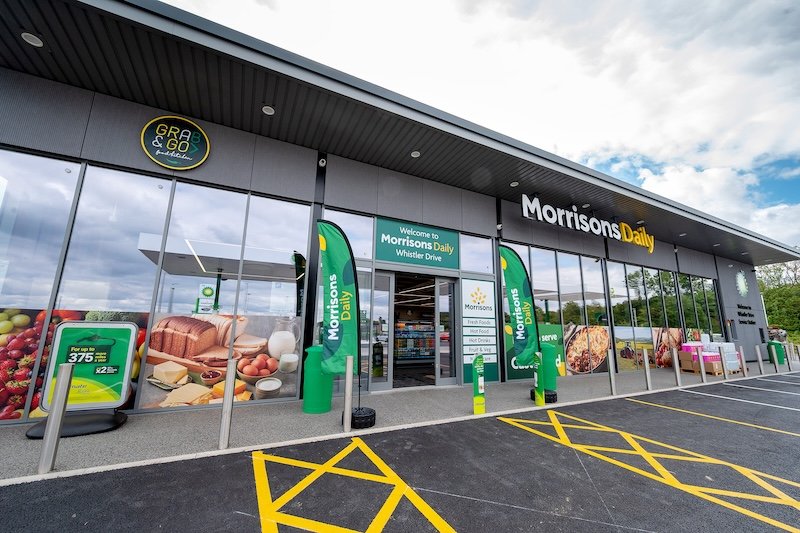






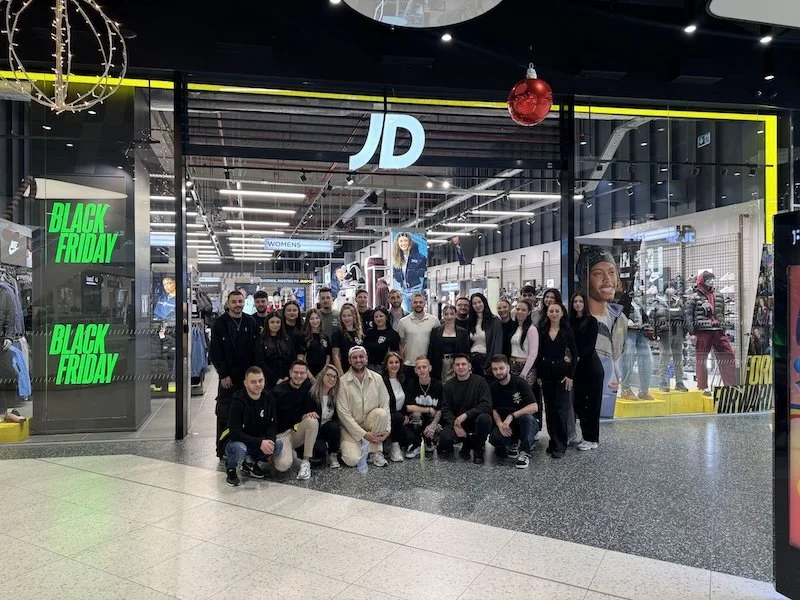

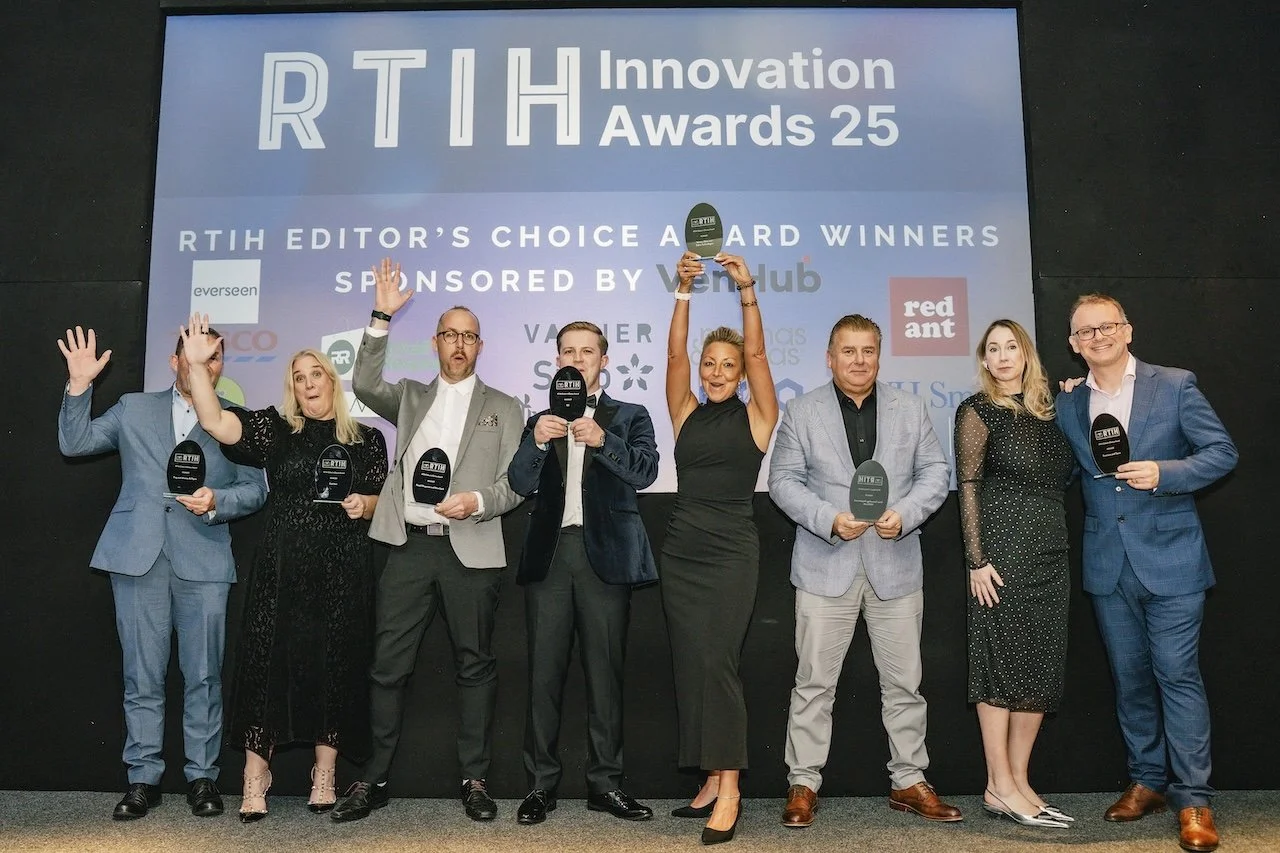



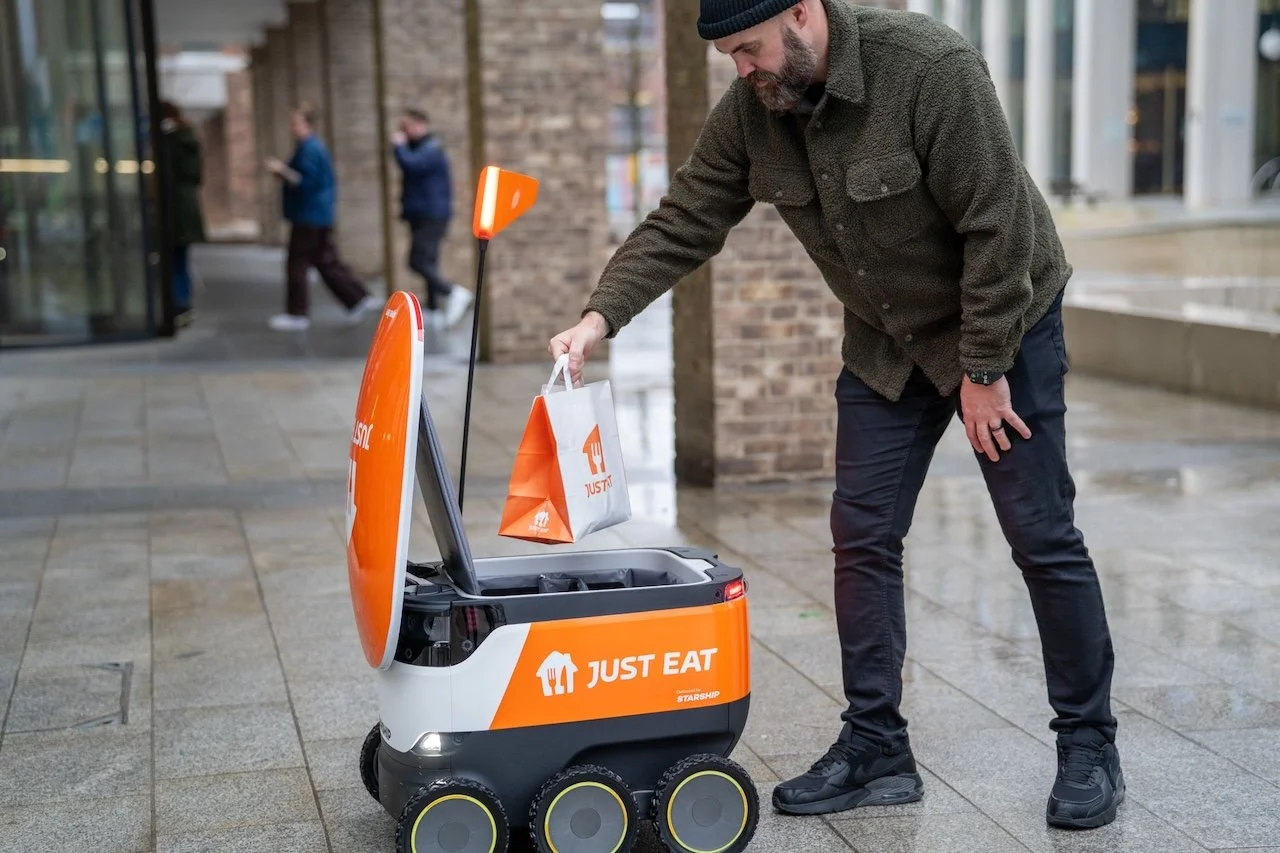
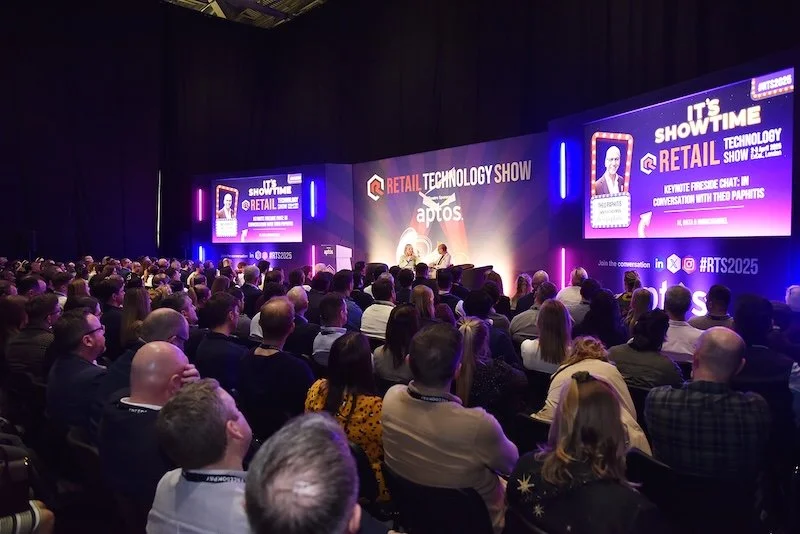



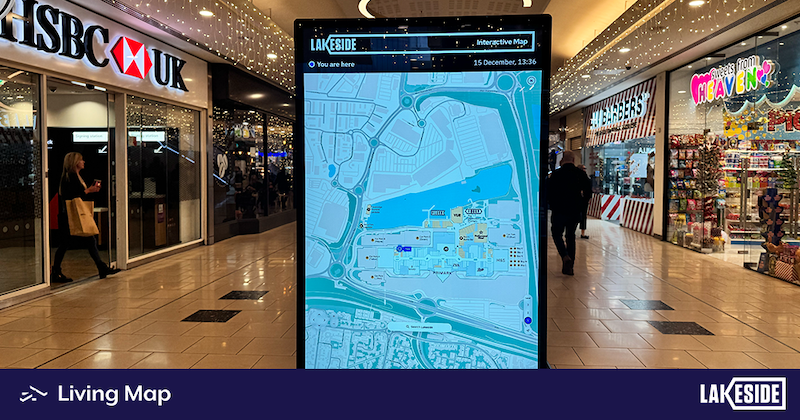

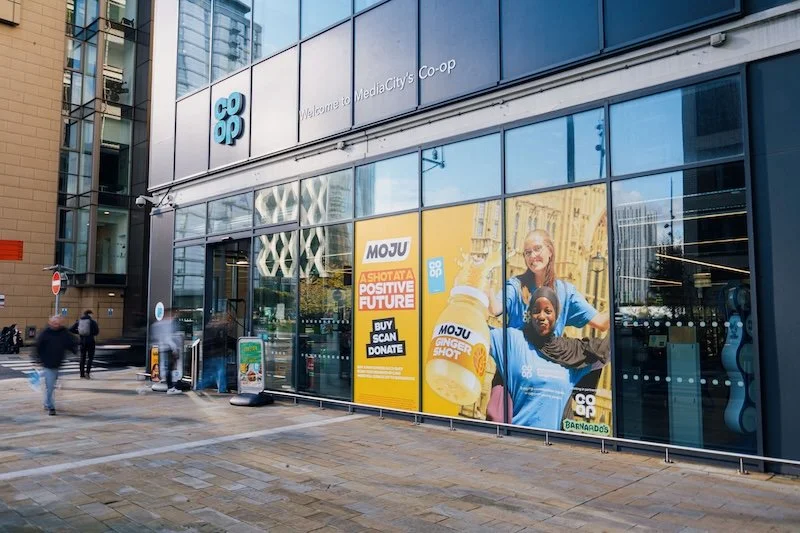
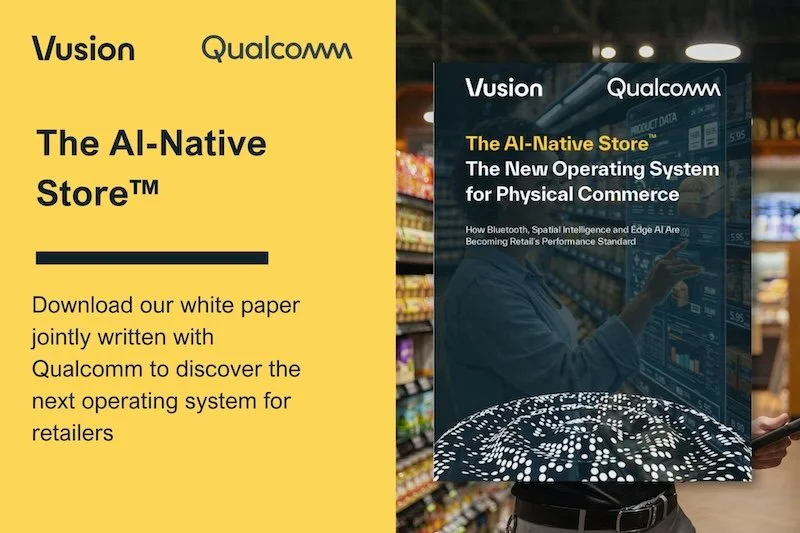


Continue reading…